|
APCA Editor's Note:
Traditionally, there has been a view that coaching is something that coaches do. However, in recent years more and more evidence is pointing to the fact that coaching is something that great managers do; That it's extremely difficult to be a great manager without being a good coach. This is why, at APCA, we are finding more and more interest from professionals who are not just looking to coach full time, but who are professionals in managerial or human resource positions and who are finding that having a strong coaching ability allows them to perform better at their job while helping their direct reports or staff do likewise. You Can’t Be a Great Manager If You’re Not a Good Coach by Monique Valcour | 1:00 PM July 17, 2014 If you have room in your head for only one nugget of leadership wisdom, make it this one: the most powerfully motivating condition people experience at work is making progress at something that is personally meaningful. If your job involves leading others, the implications are clear: the most important thing you can do each day is to help your team members experience progress at meaningful work. To do so, you must understand what drives each person, help build connections between each person’s work and the organization’s mission and strategic objectives, provide timely feedback, and help each person learn and grow on an ongoing basis. Regular communication around development — having coaching conversations — is essential. In fact, according to recent research, the single most important managerial competency that separates highly effective managers from average ones is coaching. Strangely, at most companies, coaching isn’t part of what managers are formally expected to do. Even though research makes it clear that employees and job candidates alike value learning and career development above most other aspects of a job, many managers don’t see it as an important part of their role. Managers think they don’t have the time to have these conversations, and many lack the skill. Yet 70% of employee learning and development happens on the job, not through formal training programs. So if line managers aren’t supportive and actively involved, employee growth is stunted. So is engagement and retention. Can you teach old-school, results-focused line managers to coach their employees? Absolutely.
0 Comments
Fire Your Recruiter! APCA's Executive Director Presents at Foreign Correspondents' Club Japan4/21/2014 APCA Executive Director, James Santagata, Speaks At 2014 AfterJET Conference (Yokohama, Japan)2/26/2014 APCA Executive Director, James Santagata, spoke at the 2014 AfterJet Conference held at the Pacifico Yokohama in Yokohama, Japan.
The conference attracted over 390 very energetic and ambitious participants. According to Ryder's CEO, there's a downside to being at the very top of the food chain. You hae no boss. And this is where executive coaching can add value and structure.
We're always interested in interviewing expert coaches and related experts on a wide range of topics including skills acquisition, training methods, market trends, marketing, business development and related topics that will provide our readers and listeners unique insights or actionable advice in building or growing their coaching practices or coaching skill sets.
Our readers and listeners are primarily composed of six main segments: 1. Seasoned and successful coaches who want to stay out in front and on top of their game. 2. Seasoned coaches looking to step up and move their coaching skills & practices to the next level. 3. Part-time coaches looking to transition from part-time work to full-time coaching. 4. Newly minted coaches looking to establish or build out a practice. 5. Prospective coaches looking to gather information to see if coaching is right for them. 6. Corporate HR and Line Managers interested to discover the value that coaches can bring to their organization as well as interested to learn how to select a coach that best meets their or their organization's needs. Our monthly unique visitors currently ranges between 3,000 to 4,000 uniques and in recent months, this has consistently been trending upwards and we expect it to continue to grow as we add deep and unique content. We're happy to announce that the new High-Impact Coaching membership badges are now available for APCA members in good-standing.
It's available as both a PNG file (which retains transparency and is used in almost all situations except when you have a white background) and a .JPG file which is used when you have a white background. Note: If you have a white background you'll want to use the .JPG file rather than the .PNG A very thought-provoking article on the value of competition, winning, losing and "participation" trophies.
- APCA Editor New York Times Op-Ed Contributor Losing Is Good for You By Ashely Merryman Published: September 24, 2013 LOS ANGELES — AS children return to school this fall and sign up for a new year’s worth of extracurricular activities, parents should keep one question in mind. Whether your kid loves Little League or gymnastics, ask the program organizers this: “Which kids get awards?” If the answer is, “Everybody gets a trophy,” find another program. Trophies were once rare things — sterling silver loving cups bought from jewelry stores for truly special occasions. But in the 1960s, they began to be mass-produced, marketed in catalogs to teachers and coaches, and sold in sporting-goods stores. Today, participation trophies and prizes are almost a given, as children are constantly assured that they are winners. One Maryland summer program gives awards every day — and the “day” is one hour long. In Southern California, a regional branch of the American Youth Soccer Organization hands out roughly 3,500 awards each season — each player gets one, while around a third get two. Nationally, A.Y.S.O. local branches typically spend as much as 12 percent of their yearly budgets on trophies. It adds up: trophy and award sales are now an estimated $3 billion-a-year industry in the United States and Canada. Po Bronson and I have spent years reporting on the effects of praise and rewards on kids. The science is clear. Awards can be powerful motivators, but nonstop recognition does not inspire children to succeed. Instead, it can cause them to underachieve. Carol Dweck, a psychology professor at Stanford University, found that kids respond positively to praise; they enjoy hearing that they’re talented, smart and so on. But after such praise of their innate abilities, they collapse at the first experience of difficulty. Demoralized by their failure, they say they’d rather cheat than risk failing again. In recent eye-tracking experiments by the researchers Bradley Morris and Shannon Zentall, kids were asked to draw pictures. Those who heard praise suggesting they had an innate talent were then twice as fixated on mistakes they’d made in their pictures. By age 4 or 5, children aren’t fooled by all the trophies. They are surprisingly accurate in identifying who excels and who struggles. Those who are outperformed know it and give up, while those who do well feel cheated when they aren’t recognized for their accomplishments. They, too, may give up. It turns out that, once kids have some proficiency in a task, the excitement and uncertainty of real competition may become the activity’s very appeal. If children know they will automatically get an award, what is the impetus for improvement? Why bother learning problem-solving skills, when there are never obstacles to begin with? If I were a baseball coach, I would announce at the first meeting that there would be only three awards: Best Overall, Most Improved and Best Sportsmanship. Then I’d hand the kids a list of things they’d have to do to earn one of those trophies. They would know from the get-go that excellence, improvement, character and persistence were valued. It’s accepted that, before punishing children, we must consider their individual levels of cognitive and emotional development. Then we monitor them, changing our approach if there’s a negative outcome. However, when it comes to rewards, people argue that kids must be treated identically: everyone must always win. That is misguided. And there are negative outcomes. Not just for specific children, but for society as a whole. In June, an Oklahoma Little League canceled participation trophies because of a budget shortfall. A furious parent complained to a local reporter, “My children look forward to their trophy as much as playing the game.” That’s exactly the problem, says Jean Twenge, author of “Generation Me.” Having studied recent increases in narcissism and entitlement among college students, she warns that when living rooms are filled with participation trophies, it’s part of a larger cultural message: to succeed, you just have to show up. In college, those who’ve grown up receiving endless awards do the requisite work, but don’t see the need to do it well. In the office, they still believe that attendance is all it takes to get a promotion. In life, “you’re going to lose more often than you win, even if you’re good at something,” Ms. Twenge told me. “You’ve got to get used to that to keep going.” When children make mistakes, our job should not be to spin those losses into decorated victories. Instead, our job is to help kids overcome setbacks, to help them see that progress over time is more important than a particular win or loss, and to help them graciously congratulate the child who succeeded when they failed. To do that, we need to refuse all the meaningless plastic and tin destined for landfills. We have to stop letting the Trophy-Industrial Complex run our children’s lives. This school year, let’s fight for a kid’s right to lose. Ashley Merryman is the author, with Po Bronson, of “NurtureShock: New Thinking About Children” and “Top Dog: The Science of Winning and Losing.” We are pleased to announce that Career OverDrive! is now a proud sponsor of the Asia-Pacific Coaching Alliance. Career OverDrive! specializes in career acceleration and expert advice.
We're happy to announce that the new Coach For Impact! High-Impact Coaching certification badges are now available for High-Impact Certified Coaches.
It's available as both a PNG file (which retains transparency and is used in almost all situations except when you have a white background) and a .JPG file which is used when you have a white background. Note: If you have a white background you'll want to use the .JPG file rather than the .PNG We also have our graphic artist hard at work created a revised badge for general membership of the Asia-Pacific Coaching Alliance, so please stay tuned! Hi Everyone, We're very excited to be rolling out our new series of High-Impact Coaching Training under the Coach For Impact!™ series. We have four titles in the training series including: 1. Introduction To High-Impact, Ethically-grounded Coaching: $75 USD** 2. High-Impact Communication Certification: $1,480 USD 3. High-Impact Business Development & Client Management: $1,980 USD 4. High-Impact Coaching Certification: $2,500 USD ** This can be applied as a credit against the High-Impact Coaching Certification. More details will be unveiled in the coming months! |
About UsThe Asia-Pacific Coaching Alliance (APCA) is the #1 Gateway for Asia-Pacific Coaching Opportunities and Knowledge™. Archives
January 2017
Categories
All
|
|
© Copyright 2012-2024 The High-Impact Coaching Alliance. All Rights Reserved.
|


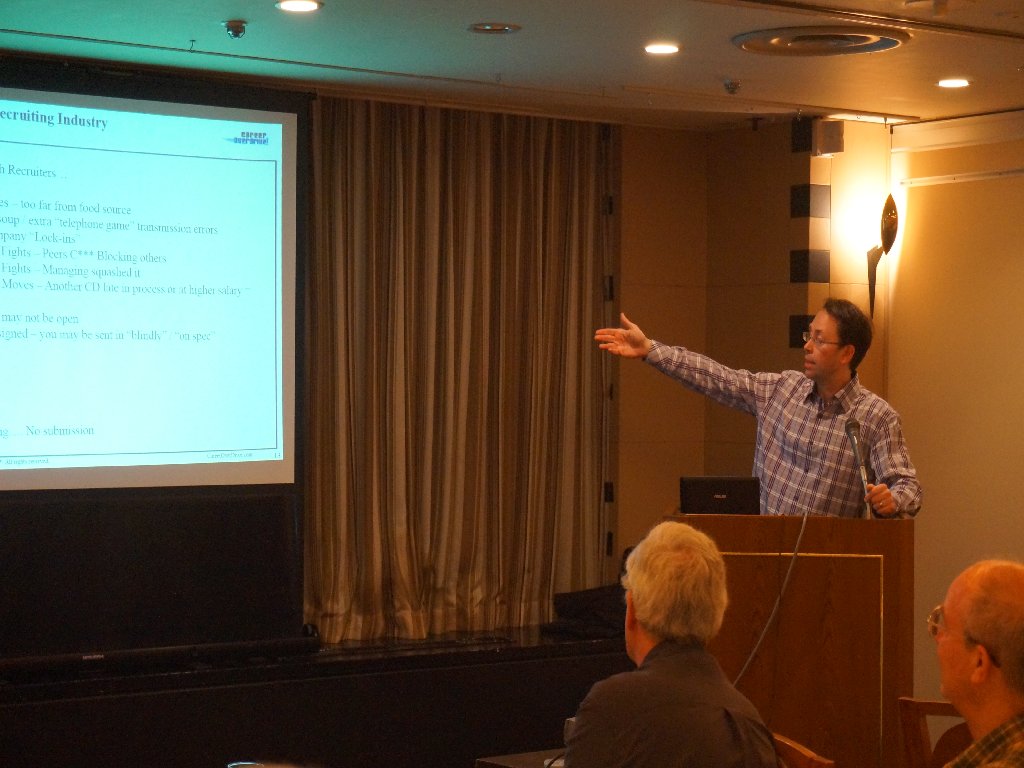
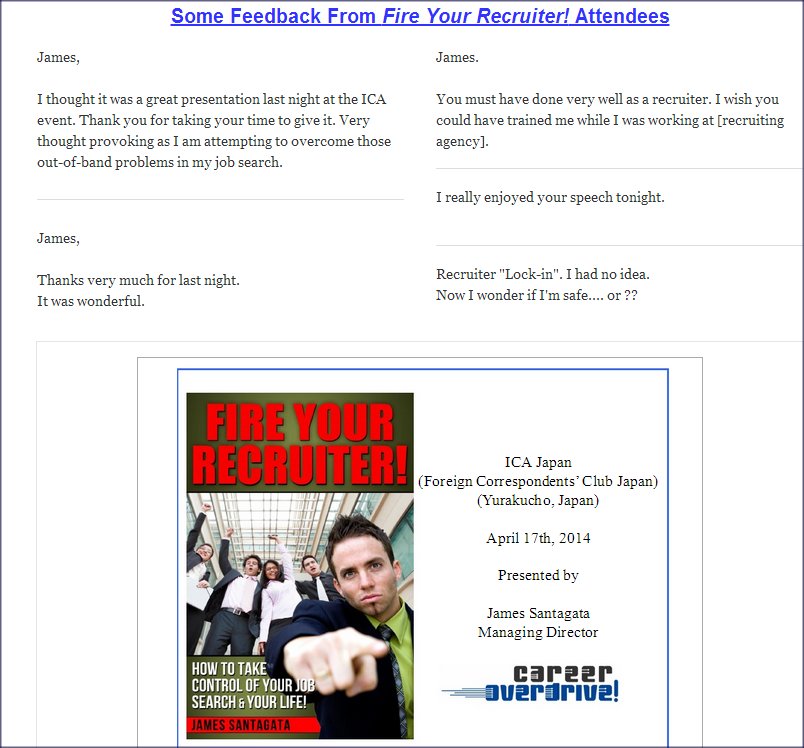
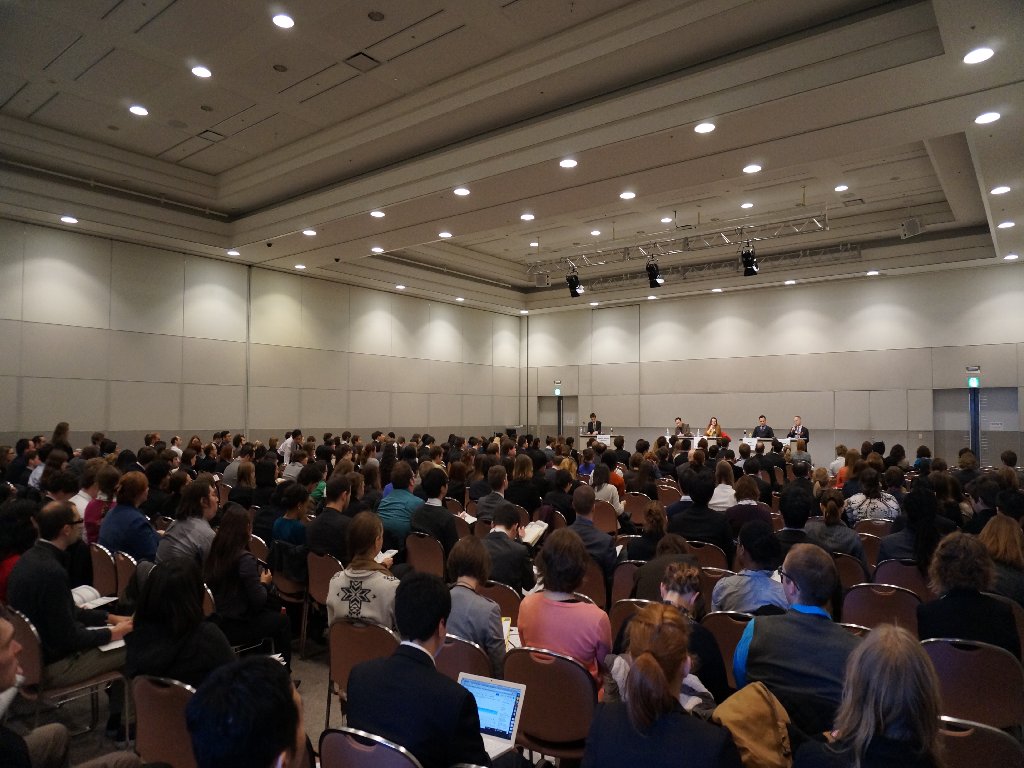
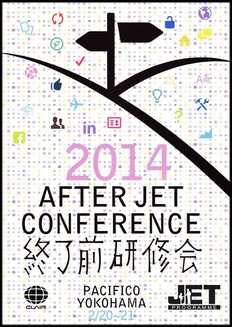






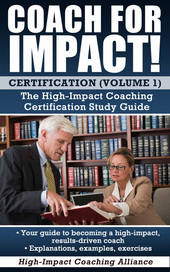
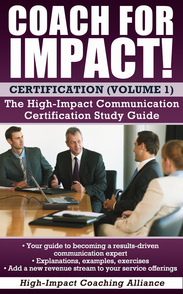


 RSS Feed
RSS Feed

